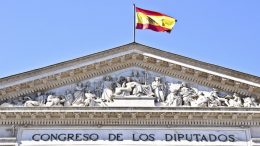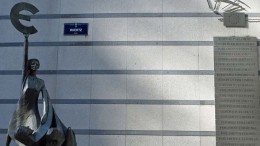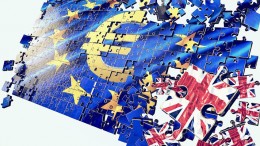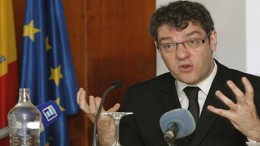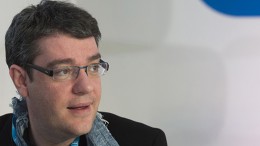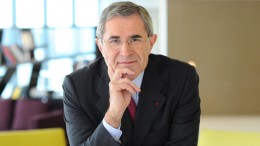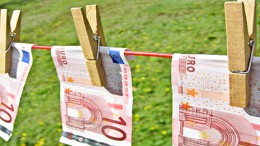Spain, general elections and the deficit
In the last few years, Spain has halved its deficit and emerged from a recession and the threat of a bailout which could have pulled all the eurozone down with it. Furthermore, it is now one of the countries with the highest growth – when the rest of the eurozone is still dragging its feet eight years after the start of the crisis – and unemployment is trending lower. But while caretaker Economy Minister Luis de Guindos keeps repeating Spain may not be sanctioned for non-compliance with its deficit target, everything indicates this will happen at the beginning of July.

